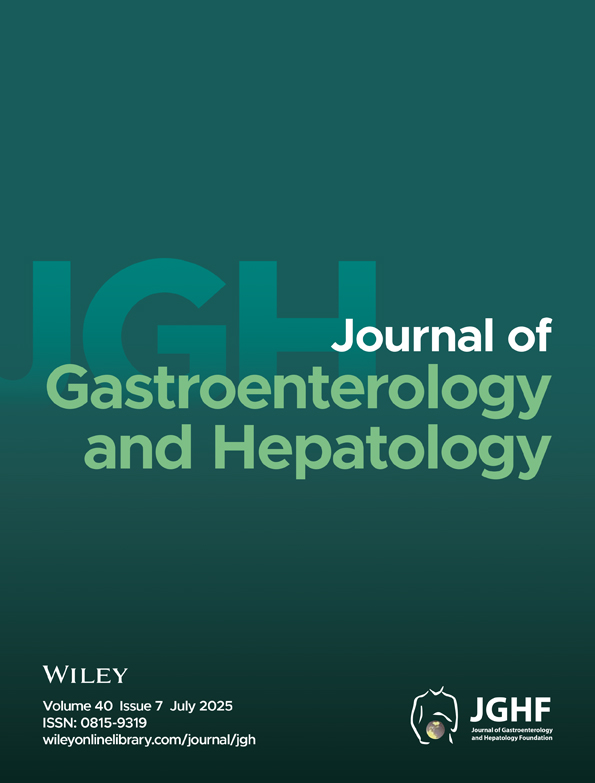Fusobacterium varium localized in the colonic mucosa of patients with ulcerative colitis stimulates species-specific antibody
Abstract
Abstract Background: Microbial agents are a possible cause of ulcerative colitis. We have previously reported evidence of bacteria invading the colonic mucosa of patients with ulcerative colitis. We have isolated bacteria from inflamed colonic mucosa, examined the localization of the species in the mucosa, and assayed for serum antibodies to the bacteria.
Methods: Cohorts of 31 per group were enrolled from patients with active ulcerative colitis, Crohn's disease, ischemic colitis, and colon adenomas. A group of 31 healthy controls were also studied. The presence of bacteria in biopsies of patients with ulcerative colitis was analyzed by both isolation and immunohistochemistry. Sera from patients were tested for bacterial antibodies using both Western blots and enzyme-linked immunosorbent assay (ELISA).
Results: Only sera from patients with ulcerative colitis gave specific reactions with Fusobacterium varium in Western blot assays. The detection rate of specific bands was higher for patients with ulcerative colitis (61%) than for subjects with either Crohn's disease (13%) or healthy controls (29%) (P < 0.001 and P = 0.021, respectively). The ELISA showed that the mean optical densities with extracts of F. varium as antigen were significantly higher for ulcerative colitis patients than for subjects with either Crohn's disease or healthy controls (P < 0.001). Immunohistochemical detection of F. varium in colonic mucosa was significantly higher in patients with ulcerative colitis (84%) than for subjects with either Crohn's disease (16%) or other controls (3–13%) (P < 0.001).
Conclusions: Fusobacterium varium bacteria were present in a significant number of patients with active ulcerative colitis, and should be tested in therapeutic trials in order to confirm the causal relationship between F. varium and ulcerative colitis.




